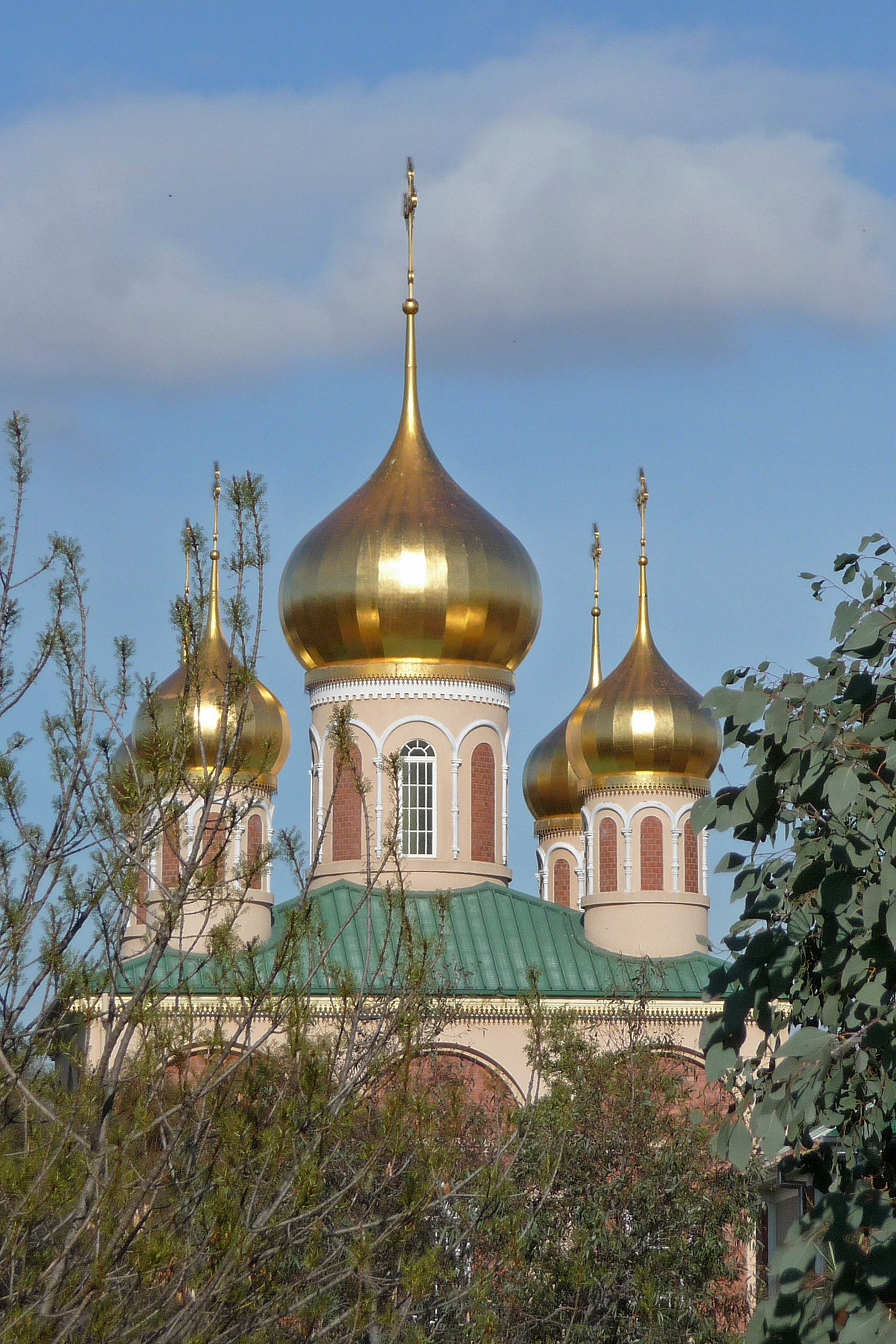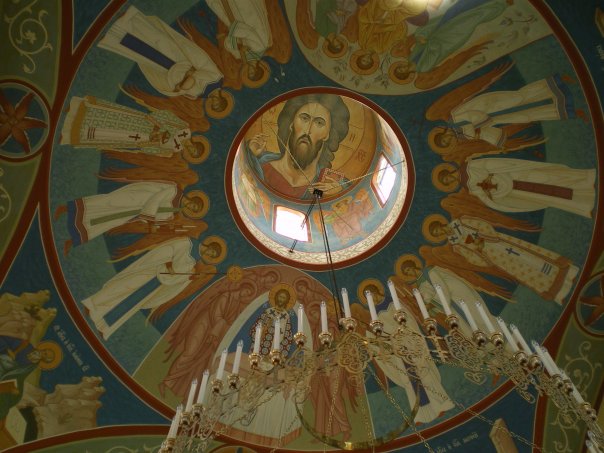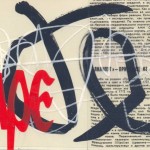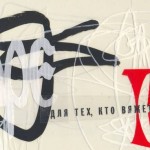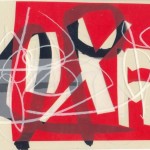I’m later than everyone else in responding to Kevin Hodgson’s invitation to #celebrateteachers which “Laura pitched as a game of tag” and so appropriate for #CLMOOC (the Making Learning Connected MOOC). (Thanks, Wendy, for blogging about this).That was a week ago. But the idea of remembering or celebrating teachers appealed to me so I thought better late than never.
I can remember some of the names of my teachers in primary school. Let’s see… nothing before grade 2 when I had Mrs Robinson. I remember odd bits and pieces about her. Her husband must have been called Neil because she often told us about what she did on the weekend with Neil. It took me a while to figure this out because I had been too busy wondering why she spent the weekend going places with the boy who sat in the front row (also Neil). I also remember that she sat next to me when we went to the movies to see Born Free (1966) and asked for half of my peanut butter sandwich (which I resentfully gave her). I don’t remember my grade 3 teacher’s name but I do remember that the first thing she did on our first day was write the word ‘honesty’ in big letters on the blackboard, and talk about how highly she valued honesty above everything else. Grade 4 – Mr Quilty. I don’t want to write what I remember about him so we’ll skip that.
In secondary school I remember quite a few teachers, especially my French teacher whose classes were so much fun through songs, poetry, film, discussions and conversations about everything French.
The teacher I want to celebrate is not someone who was all sweetness and smiles. In fact she gave me a lot of grief throughout the time she taught me – from early primary to late secondary. She was my Russian teacher both privately and at the Saturday school for Russian language and culture. Until I was 9 my cousin and I had private Russian lessons at her house, and she favoured him and criticised me. I was a scapegoat. My narrow handwriting was a sign of a mean character, I had no taste, my Russian was inferior, and so on. Returning from a trip to Russia, she brought presents, and I was to choose from two things. The one I chose clearly indicated my lack of good taste, and when I changed my mind and chose the other one, I had chosen the one she had wanted for herself. At about the age of 9 I’d had enough and had a meltdown, telling her that I hated her guts. When my mother came to pick me up both of us were crying, and my teacher was asking my mother what she could have possibly done to be on the receiving end of such an outburst. It was decided I would return to the Saturday school and be part of her class. I was relieved to take refuge in a group of students and no longer be the subject of so much attention.
People are complex. We all have good and bad in us. I also remember my Russian teacher speaking passionately about literature she loved with her whole being. She didn’t care about keeping to class time limits when she was trying to inspire us about literature, art, Russian culture. She spent countless hours preparing us for Russian concerts and plays, working with us privately to perfect pronunciation and tone, gesture and facial expression. She designed costumes, making sure they were historically correct, she painted sets, she drew large portraits of writers, poets, musicians to accompany her speeches at our annual days of Russian culture. She lived and breathed her work and her passion, her work and her identity were one.
As difficult as it was to forgive and try to forget the ways she treated me when I was younger, it was also difficult not to be impressed by her and be in awe of her during my secondary school years. She left a permanent impression on me. She was someone whose passion for literature and art played out her entire life.
In her later years I grew to love her, and she was fond of me. I visited her on and off when she had moved out of Melbourne and she asked to see me. She was still extremely passionate, relentless in her expectations of people, but had mellowed over the years. In her early 90s she was diagnosed with cancer and I visited her a couple of times. It was understood that I wasn’t to feel sorry for her and that life was just taking its course. I remember she made sure she kept up with world events, mapping them out on a hand drawn map of the world she pinned to her wall. She passed on to me books she treasured, art prints she had collected in a folder and other bits and pieces. Finally, with little time left to live, she asked to see me for the last time and said goodbye with a fairly steady voice. I remembered the times in my adolescence when she had read out aloud from literature, tears streaming down her face, and yet now she was almost completely composed.
People are complex. She taught me many things including an appreciation for the Russian language and its culture, but perhaps the most important thing was that none of us can really be easily or completely understood, and that we are not perfect. As much as we might prefer to stick to the idea of people being nice and predictable, easily understood, most of us aren’t. By the time I had forgiven her, by the time I grew to love her and her eccentricities, her all-consuming passions, I had come a little closer to accepting the darker side of people in general, including myself.
Teachers can make a difference in our lives beyond what they try to teach us.

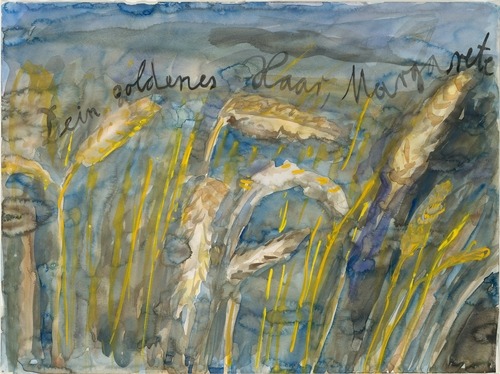 Your golden hair, Margarete by
Your golden hair, Margarete by 